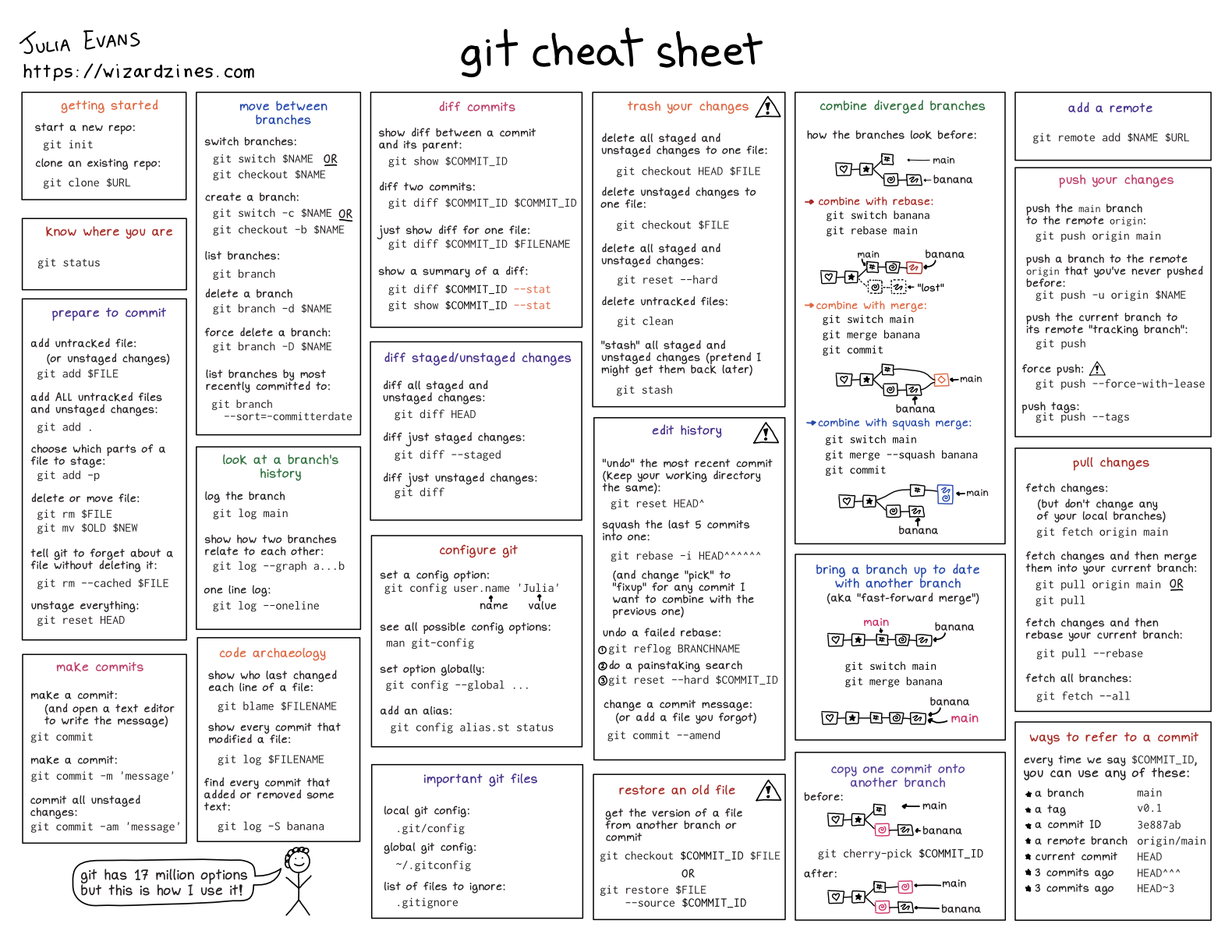this post was submitted on 17 Apr 2024
491 points (98.0% liked)
Linux
58145 readers
343 users here now
From Wikipedia, the free encyclopedia
Linux is a family of open source Unix-like operating systems based on the Linux kernel, an operating system kernel first released on September 17, 1991 by Linus Torvalds. Linux is typically packaged in a Linux distribution (or distro for short).
Distributions include the Linux kernel and supporting system software and libraries, many of which are provided by the GNU Project. Many Linux distributions use the word "Linux" in their name, but the Free Software Foundation uses the name GNU/Linux to emphasize the importance of GNU software, causing some controversy.
Rules
- Posts must be relevant to operating systems running the Linux kernel. GNU/Linux or otherwise.
- No misinformation
- No NSFW content
- No hate speech, bigotry, etc
Related Communities
Community icon by Alpár-Etele Méder, licensed under CC BY 3.0
founded 6 years ago
MODERATORS
you are viewing a single comment's thread
view the rest of the comments
view the rest of the comments

I just learned git bisect from https://ohmygit.org/! You run it, then checkout other commits all over the project, and mark them with git bisect good or git bisect bad. Then it paints all commits that led to the good one as good, and all the ones after the bad one as bad, so you just keep narrowing your window by playing checkout Jezzball until there's only one commit left: the one that introduced the bad state.
The technical term is binary search.
Yeah but I didn't know that term until I looked it up. Also OhMyGit didn't cover using tests and automating it.
Definitely a useful tool and one you should've learned in a college algorithms course. Binary search backs a lot of high performance data structures